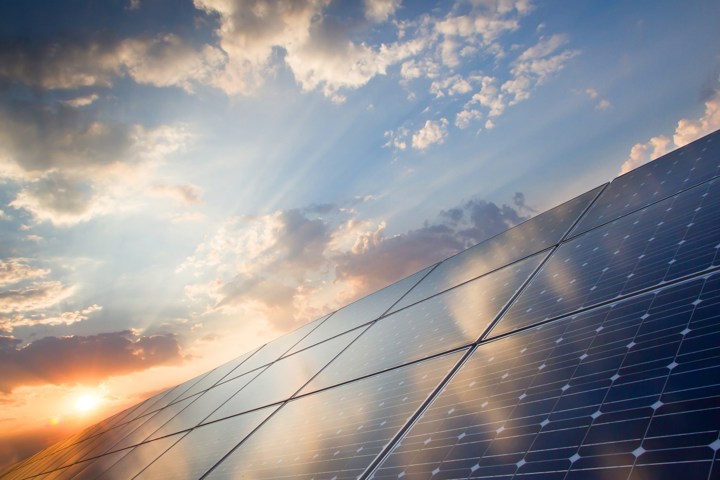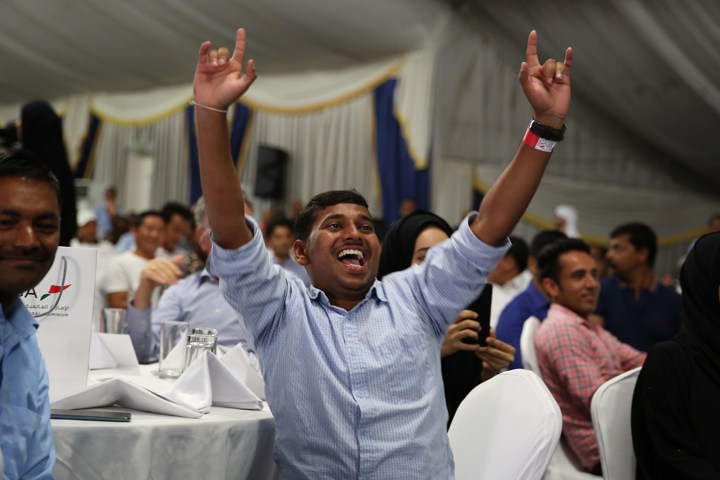

Environment
Industrial processes have the potential to cause significant environmental consequences if not managed responsibly.
At Emirates Global Aluminium, activities with potential environmental impacts are overseen by a dedicated team of in-house environmental specialists. Working together, our operations and environment teams are responsible for managing all necessary controls, monitoring plans and audits plus constantly finding opportunities for improvement.
Across all operations and project sites, EGA actively identifies potential environmental risks and suitable controls. Our management plans establish requirements for impact identification, monitoring and controls in order to manage risk, avoid impacts and ensure an appropriate level of mitigation where necessary.
At EGA, all of our smelting and casting operations are certified to ISO 14001:2015.
In Al Taweelah, Jebel Ali, and Guinea Alumina Corporation, and Leichtmetall, our environmental performance has been confirmed as meeting the ASI Performance Standard.

Greenhouse gas emissions
EGA is committed to reaching net zero greenhouse gas emissions by 2050.
There is more information on our commitment to net zero and how we intend to achieve it on this page – Net zero greenhouse gas emissions by 2050.

Biodiversity
We depend on healthy, functioning ecosystems and must maintain these for future generations. The protection of the natural environment is part of our core policy at EGA.
In the UAE, our facilities at Al Taweelah are approximately two kilometres from Ras Ghanada, a nationally protected marine reserve. Our Jebel Ali site is approximately seven kilometres from the Jebel Ali Wildlife Sanctuary. Both these protected areas support important clusters of coral, mangrove and seagrass. At both our sites in the UAE our discharge monitoring efforts take account of these valuable conservation areas and to date we have not identified any adverse impacts associated with our operations. We continue our conservation efforts associated with the critically endangered Hawksbill turtle, including regular surveys and implementation of protection measures to safeguard the turtles' nests and habitat, in addition to rescuing any diseased or distressed turtles.

Air quality
Power generation and industrial processes associated with aluminium smelting can create adverse air quality impacts if not adequately controlled. In the UAE, protecting air quality is a key focus area for our environmental management system. We monitor emissions and local ambient air quality to ensure the effectiveness of our controls and regularly communicate the results to relevant environmental regulators.

Waste management
At EGA, the waste hierarchy is at the core of our waste management decisions. In boh the UAE and in Guinea we have a comprehensive Waste Management Plan, with a long-term aspiration of sending zero waste to landfill.
In the UAE we are exploring and developing various opportunities for our waste streams to be used as feedstock for other industries and have already had proven success in recycling 100% of our generated spent pot lining, one of the aluminium industries most significant and often most problematic waste streams.
-
EGA’s 2024 Sustainability report
19070 KB
-
EGA’s 2023 Sustainability report
22273 KB
-
EGA's 2022 Sustainability report
10894 KB
-
EGA's 2021 Sustainability report
10605 KB
-
EGA's 2020 Sustainability report
10430 KB
-
EGA's 2019 Sustainability report
9443 KB
-
EGA's 2018 Sustainability report
10366 KB
-
EGA's 2017 Sustainability report
10182 KB

